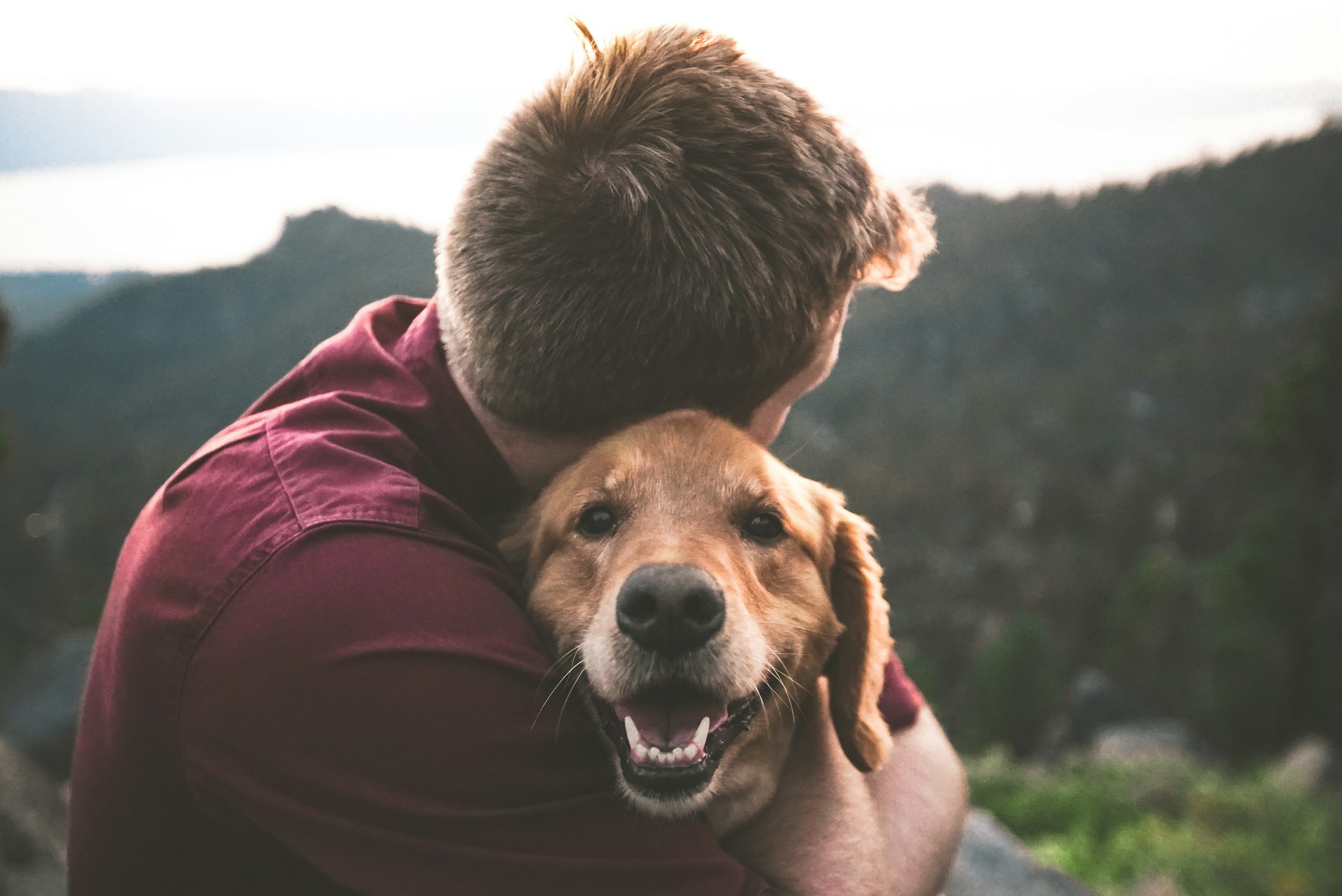More Than Just Pets: How Animals Are Becoming Family in Colombian Homes

In Colombia, the bond between humans and animals is growing stronger than ever. According to 2024 data from DANE (National Administrative Department of Statistics), over 60% of households in the country now share their living spaces with pets. This marks a significant increase from 2019, when only 47% of homes reported having animals. The statistics paint a clear picture: pets are no longer an exception—they’re becoming a vital part of daily life for millions of Colombians.
Dogs lead the pack in popularity, making up around 60% of the country’s pets, followed by cats at 22%. The remaining 18% consists of a variety of animals, including fish, ducks, parrots, birds of all kinds, hamsters, and rabbits. These beloved creatures—mostly domesticated and friendly—are found in homes across the country, often introduced through personal choice, family influence, or even for emotional and psychological support.
What once may have been seen as a luxury or a rarity—owning a pet—is now the norm in Colombia and many parts of the world. Numerous studies suggest that pets today hold a different kind of importance compared to the past. They bring comfort, affection, and a unique emotional connection. As a result, people now express greater concern for their well-being, treating them with a level of care once reserved only for fellow humans.
Interestingly, some individuals have gone beyond traditional pets, opting to share their homes with exotic animals such as snakes, spiders, miniature pigs, monkeys, and even small wild cats like ocelots. While these choices may seem daring to some, they underscore just how deeply ingrained the idea of animal companionship has become in modern life.
Globally, as birth rates decline in many developed and developing nations, the number of pets continues to rise. This trend is particularly visible in urban areas where lifestyle changes and shifting family structures are making pets a more central part of household dynamics. Colombia reflects this global pattern. The growing presence of pets is also reshaping industries and consumer behavior.
Today, there’s a booming market catering to the diverse needs of pet owners. From specialized food products and fashionable clothing to toys, clinics, hotels, schools, cemeteries, and daycare services, a wide range of businesses has emerged to support the pet economy. Veterinary services, in particular, have seen unprecedented demand, turning the profession into a thriving career path.
In essence, pets are no longer just animals living in our homes—they’re companions, emotional anchors, and family. The human desire to care for, respect, and integrate them into our lives has transformed not only how we live but also how we build our communities. Whether driven by love, lifestyle, or emotional support, the choice to live with pets is a growing reflection of evolving social values.